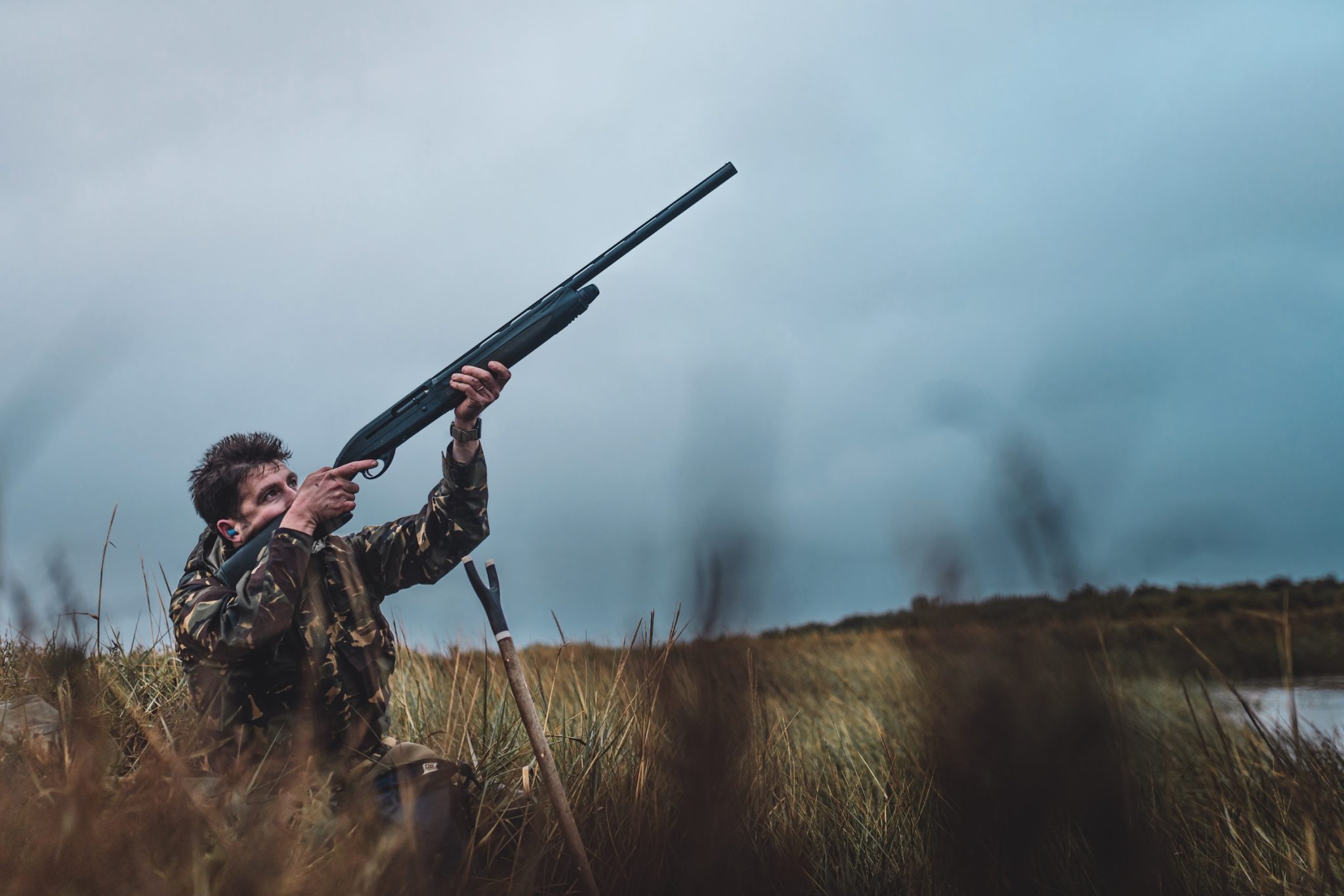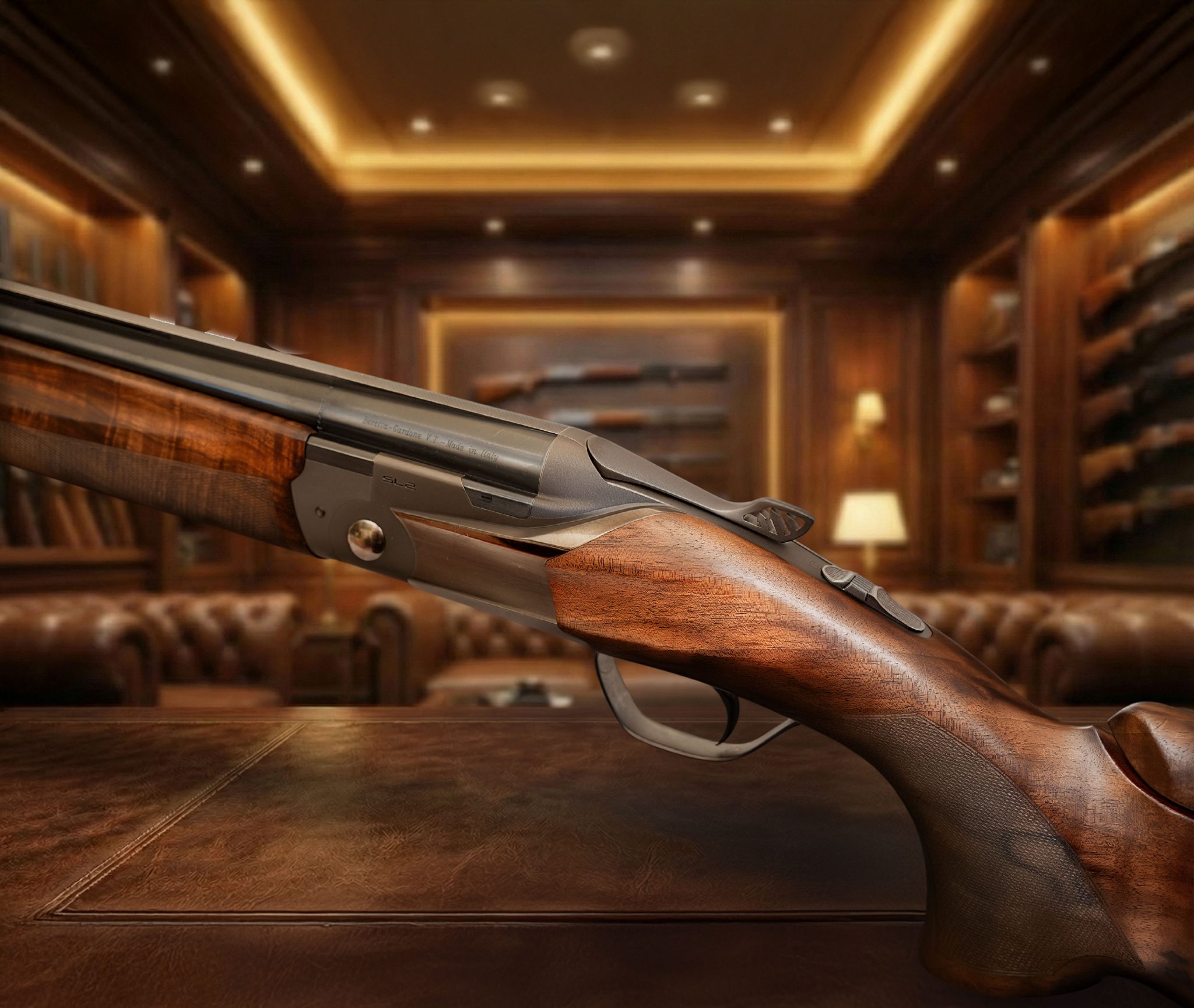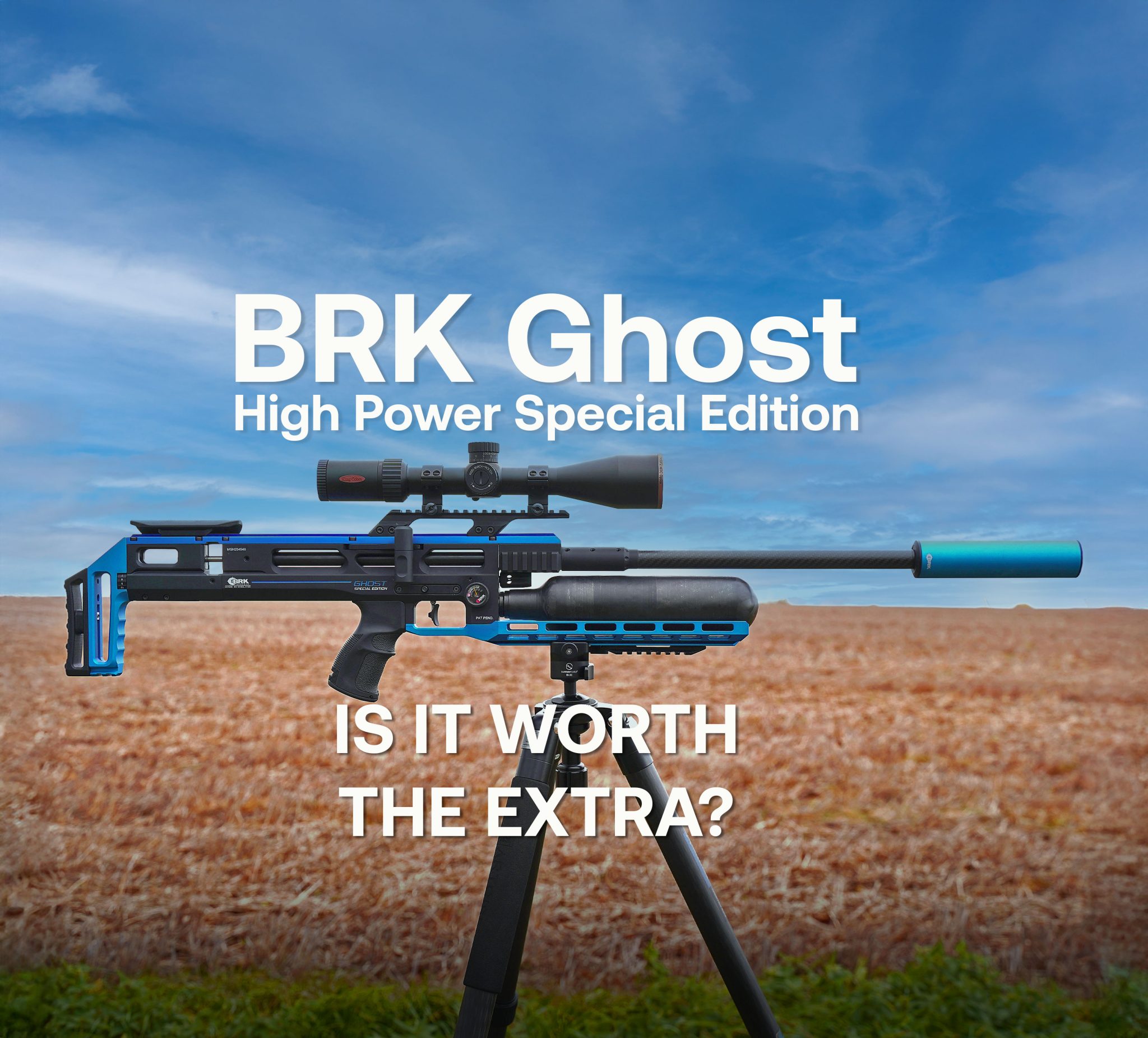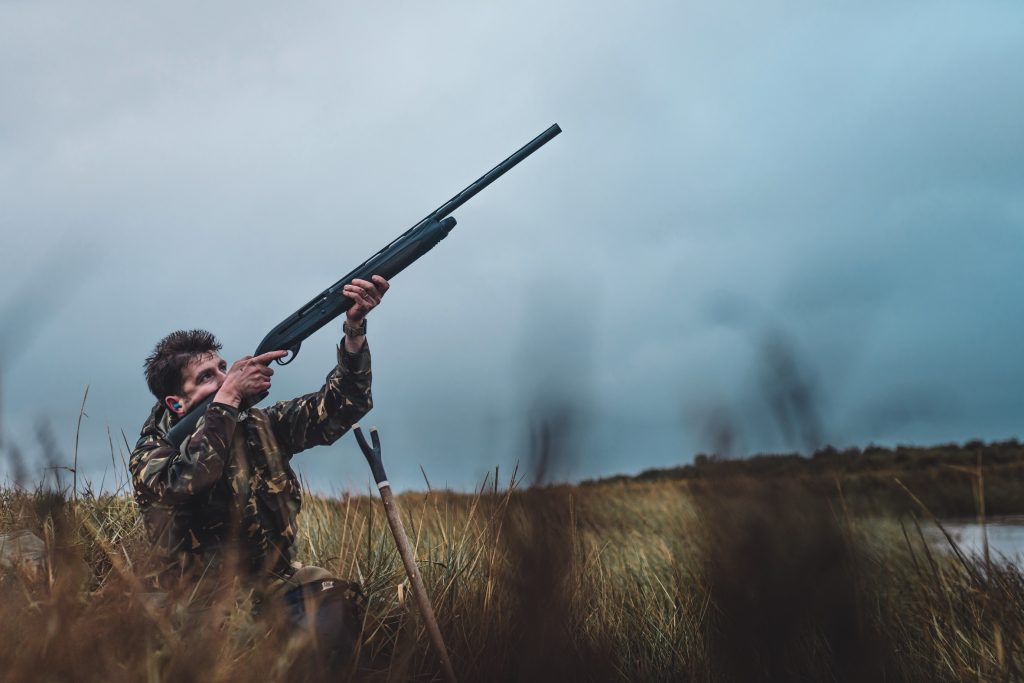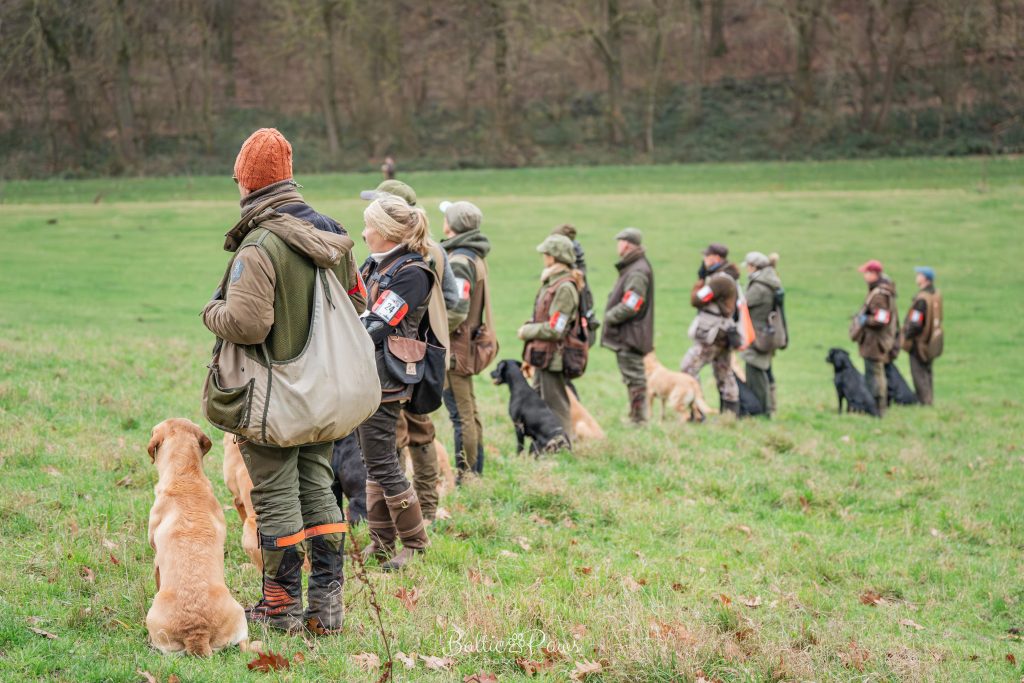The countdown is on for The British Shooting Show – book tickets online today and save on gate price!
Shooting Industry has little to fear from Brexit, say experts

A “Brexit” would have little or no major impact on UK firearms ownership, according to shooting industry leaders.
While the 23 June in-out referendum on the UK’s continued membership of the European Union (EU) could have consequences for the agricultural industry and the environment the shooting industry has less to worry about.
Liam Stokes, head of shooting campaigns at the Countryside Alliance, said that much depends on what a post-Brexit Government decides to do.
“We know that firearms legislation in the UK is among the strictest and tightest in the world, and certainly exceeds what is required by the EU Firearms Directive, so regardless of the referendum result, firearms law would be broadly unaffected.”
Little impact following a Brexit
David Stapley, UK country manager for gunmakers Browning, agreed that there would be little impact following a Brexit, even from a manufacturing perspective.
“My understanding is that the EU will set up a free trade agreement with the UK should we decide to leave the EU and guns will continue to be imported exactly as they are now with no increase in VAT or duty. The level of trade between the UK and EU would be so great that neither party would want to change anything.”
Derek Edgar, managing director of firearms wholesalers Edgar Bros, suggested that an EU exit would increase gun prices: “As an importer, one of the main issues will be the possible removal of free duty on product imported from Europe. We import from the Czech Republic, Italy and Germany. But coming out of the EU will not affect US product lines.”
Mr Edgar agreed that the UK’s trade relationship with the EU would not be diminished by a Brexit, and suggested that being free from EU legislation would be advantageous.
“The UK is a very important market for all European brands and this will not change if we leave the EU. Increased prices due to duty will be a small price to pay compared to the legislation being suggested by the EU following the Paris tragedy,” he said.
“As we have seen time and again the EU has interfered in British legislation and in regard to firearms law we are capable of running a better system than through the rest of Europe. We don’t need any more ill thought-out knee-jerk legislation from Brussels, which we will have to comply with if we stay in.
“What effect coming out of the EU will have on exchange rates is a big issue and a pretty unknown one. The UK is a CIP (Permanent International Commission for the Proof of Small Arms) proof country and that will not change if we leave the EU; the UK is a major player in the CIP arena with our proof houses taking very active roles as well as with SAAMI (the Sporting Arms and Ammunition Manufacturers’ Institute).”
Dylan Williams, founder of the Royal Berkshire Shooting School, commented: “23 June could remove all our problems with steel shot and a lot in regard to game, such as whether people can hang it in a butcher’s shop again. It’s going to be interesting.”
Karl Waktare, director of shooting sports distributor GMK, said: “Leaving the EU would bring benefits of us not having to be bound by new regulations from Brussels but it could make the movement of guns into and out of the UK harder. Were we to leave the EU there would be many years of negotiating our new relationship with Europe, which could be very tedious.
“The most important influencer on our business is the state of the UK economy. If leaving the EU puts the economy at risk then this will impact on shooters’ ability to buy both equipment and shooting. I don’t enjoy being part of a club that is political, wasteful and inefficient but the alternative is a big risk.”
Related Articles
Get the latest news delivered direct to your door
Subscribe to Shooting Times & Country
Discover the ultimate companion for field sports enthusiasts with Shooting Times & Country Magazine, the UK’s leading weekly publication that has been at the forefront of shooting culture since 1882. Subscribers gain access to expert tips, comprehensive gear reviews, seasonal advice and a vibrant community of like-minded shooters.
Save on shop price when you subscribe with weekly issues featuring in-depth articles on gundog training, exclusive member offers and access to the digital back issue library. A Shooting Times & Country subscription is more than a magazine, don’t just read about the countryside; immerse yourself in its most authoritative and engaging publication.



